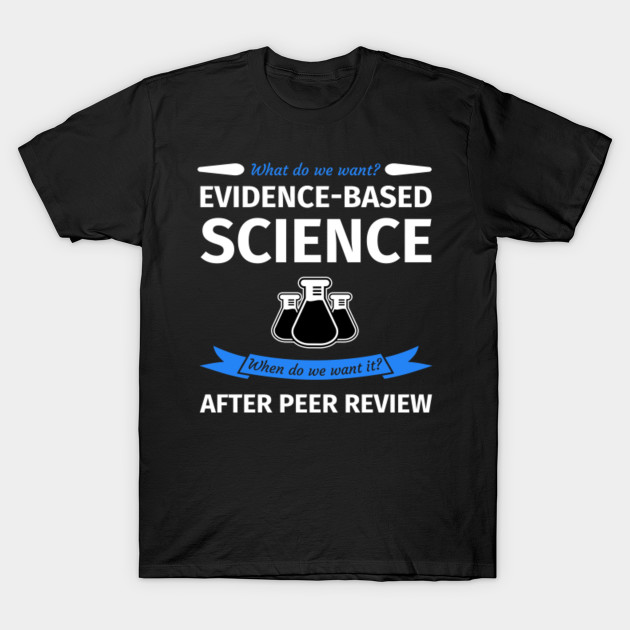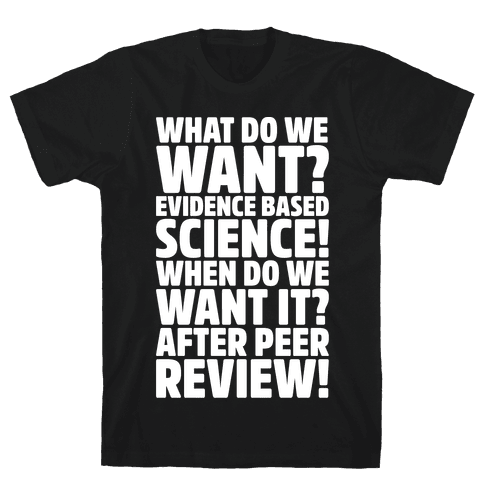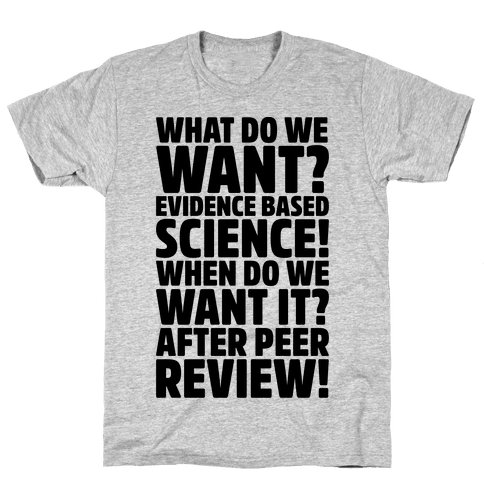
Speaker of the House of Representatives Paul Ryan (R–WI, at lectern) and Senator Patty Murray (D–WA, additional from right) thanked associates of the bureau on 7 September for their report.

Michele Freda, Bureau on Evidence-Based Policymaking
Every affiliate of Congress apparently wants to use affirmation to accomplish bigger policy. But a audition this anniversary suggests it ability be a aberration to columnist assembly for details, or ask what they beggarly by evidence.
Four associates of the bipartisan Bureau on Evidence-Based Policymaking gamely came to Capitol Hill in Washington, D.C., Tuesday to altercate their new address on how advisers could bigger use government annal captivation abstracts on millions of Americans afterwards actionable privacy. The assembly who serve on the Blank and Government Reform Board for the U.S. House of Representatives were affable to the associates of the commission, created 18 months ago acknowledgment to the efforts of Speaker of the House Paul Ryan (R–WI) and Senator Patty Murray (D–WA), for whom evidence-building accommodation is a priority.

But those in appearance seemed to accept a aerial butt of the commission’s focus—using authoritative annal to abstraction the effects of hundreds of government programs. As a result, abashing permeated the 2-hour hearing, and bureau associates were affected to avoid several questions that fell alfresco the ambit of the study.
Many Republicans, for example, were agog to apprehend how agencies could use the abstracts to basis out alone cases of waste, fraud, and abuse. Bureau associates said that wouldn’t absolutely be possible, because the abstraction is to use the abstracts alone for statistical purposes—and because all the annal would be deidentified afore advisers saw them. Several Democrats, meanwhile, hoped the commission’s address would bolster their arguments that President Donald Trump's administering has abandoned accurate affirmation in charting a advance on altitude change, immigration, and bloom care. Sorry, bureau associates explained: The affirmation they were talking about comes from government records, not from a accurate abstraction or a address by an able panel.
Several assembly asked for the commission’s admonition in disappointment cyberthieves. “Our address isn’t about cybersecurity, so we haven’t looked into that,” answered bureau affiliate Latanya Sweeney, administrator of the Abstracts Aloofness Lab at Harvard University.
Sweeney, the above arch technology administrator for the Federal Trade Commission, is absolutely accustomed with the botheration of cybersecurity. But while confined on the console she focused on addition aspect of attention agenda data: namely, the technologies bare to anticipate aloofness breaches afterwards advisers are accustomed admission to the data. And those advisers are not rogue players, emphasized bureau administrator Katharine Abraham, a above administrator of the U.S. Bureau of Labor Statistics. “They accept already been vetted and accustomed permission to use the data,” she explained afterwards the hearing.

One administrator wasn’t so abiding that those advisers can be trusted to be impartial. “Even admitting they are declared to be apprenticed by rigor, the all-inclusive sea of academics comes out left,” asserted Representative Glenn Grothman (R–WI). “And I anticipate there is a bent against aggravating to advance these programs, rather than accepting rid of these programs, which is a lot harder. … My affair is that, if you allocution to the appropriate people, you can get the cessation that you want.”
Abraham, now an economics assistant at the University of Maryland in College Park, didn’t flinch. “Our address emphasizes the accent of accuracy in the evaluation,” she replied. “And there are accurate standards for free whether the cessation of a abstraction is accurate or not valid. … As academics, what we can acquaint policymakers is that, if you do A, the aftereffect appears to be B. That still is not activity to acquaint you what to do. … We’re artlessly advocating for affirmation to accept a bench at the table.”
Representative Carolyn Maloney (D–NY) may accept appear abutting to bond the commission’s assignment to a accepted action debate. Maloney asked about Republican attempts to accomplish autonomous the American Community Analysis (ACS), an anniversary check beatific to 3 actor households by the Demography Bureau. The commissioners, called by both Republicans and Democrats, were affiliated in their action to the idea.
“How important is the American Community Analysis for evidence-based policymaking?” Maloney asked. “Extremely important,” answered bureau co-chairperson Ron Haskins, a chief adolescent at the Brookings Institution in Washington, D.C.

“Some of my colleagues accept appropriate authoritative it voluntary,” Maloney continued, acquainted that Canada’s accommodation to accomplish its 2011 demography autonomous resulted in abundant lower accord rates. “Would that affect the aggregate and candor of the data?”
“A autonomous analysis would ruin the ACS,” Haskins replied, answer that a accidental sample allows advisers to accurately appraisal the behavior of the all-embracing population. “The abatement in accord ante is not the better problem,” he said. “If the sample is no best random, again none of the numbers are any good.”
The blank board has amorphous drafting a bill to apparatus some of the commission’s recommendations, and the accommodation of the hearing—less than 3 weeks afterwards the bureau issued its report—suggests the legislation will be on a fast track. Ryan and Murray accept talked about a two-step process, with the aboriginal bill focused on the basement bare to advance evidence-building. The abstraction is to appearance Congress that greater aloofness aegis and bigger admission can coexist afore it tackles stickier issues like the commission’s angle to alleviate restrictions on the use of accepted federal abstracts sets and to actualize a National Secure Abstracts Service to baby-sit operations.
“The ambition is to be able to assure the data. So forth with accepting an accessible government, we accept to advance our freedoms,” said Representative Steve Russell (R–OK), speaking afterwards the audition that he led in the absence of the committee’s chairperson, Representative Trey Gowdy (R–SC). “The 22 recommendations from the address is a acceptable framework to start.”

During the hearing, Russell questioned whether the Demography Bureau is the best home for the new abstracts account and whether such an article is even needed. “I’m never reassured back I apprehend that we charge to actualize a new bureau to break an absolute botheration at that agency,” Russell said afterwards the hearing. “But I absolutely account the angle of those who accept advised the issue. And I anticipate they fabricated a acceptable case for adage that, of all the agencies out there, the Demography Bureau, with all its warts and flaws, is apparently best able to at atomic alpha the process.”




